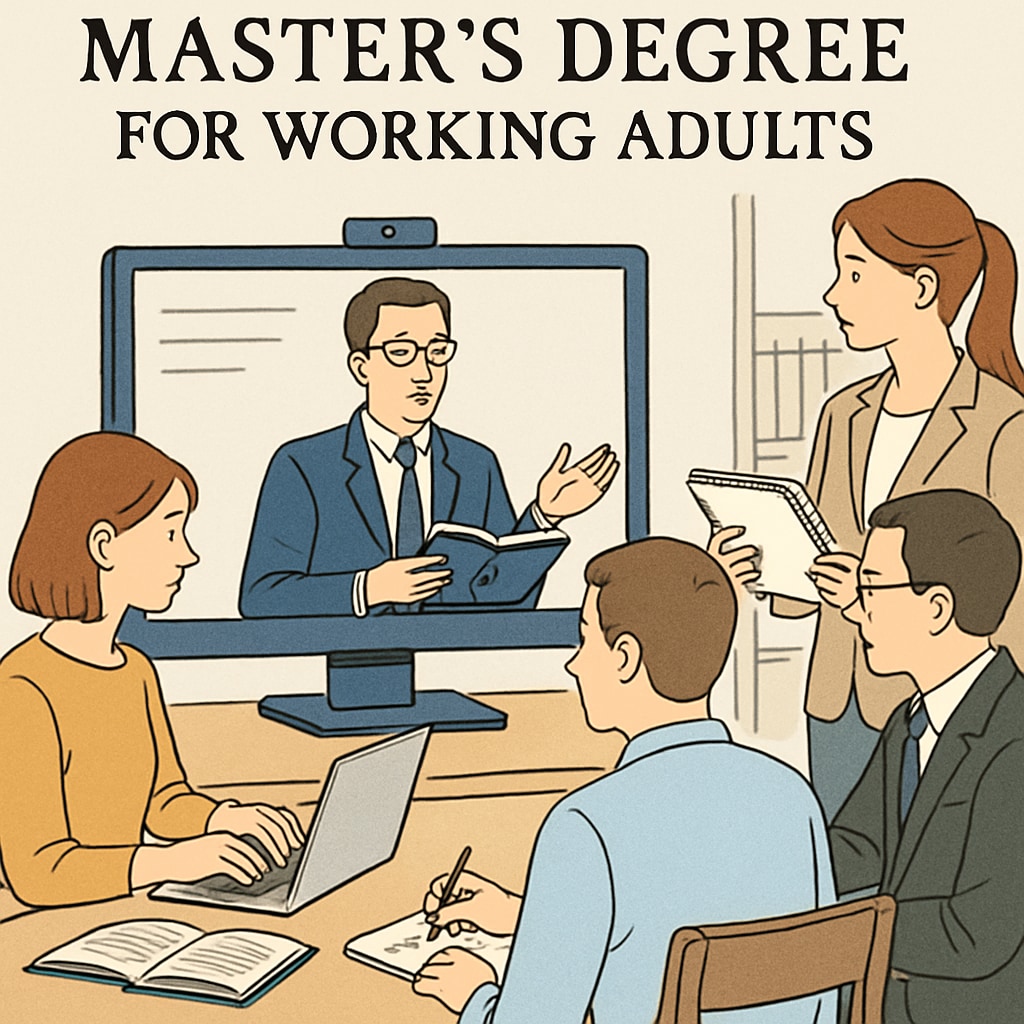Pursuing a master’s degree while maintaining career success can be a daunting yet rewarding endeavor. Many professionals seek further academic growth to enhance their expertise or open new career opportunities. However, balancing the demands of a rigorous academic program with a thriving career requires exceptional time management skills, commitment, and adaptability. This article delves into the challenges and opportunities associated with pursuing a master’s degree, along with practical tips to help working professionals achieve their educational aspirations without compromising their career growth.
Challenges of Pursuing Higher Education After Career Success
Professionals who decide to pursue a master’s degree often find themselves juggling multiple responsibilities. While career success provides financial stability and confidence, it also introduces challenges such as limited time and increased stress. For example, managing work deadlines, family obligations, and academic assignments simultaneously can lead to burnout if not handled properly.
Additionally, professionals may face logistical challenges, such as commuting to campus or attending classes during work hours. Online programs have mitigated some of these issues, but they still require self-discipline and effective time management. Furthermore, the adjustment to academic rigor after years in the workforce can feel overwhelming, especially for those who have been away from formal education for a long time.

Opportunities for Growth and Advancement
Despite the challenges, pursuing a master’s degree offers significant opportunities for personal and professional growth. Advanced education can help professionals build specialized skills, deepen their knowledge in their field, and expand their network. For example, an MBA program might provide insights into leadership and strategic decision-making, while a master’s in engineering could refine technical expertise.
Another advantage is the potential career advancement that comes with higher qualifications. According to Britannica’s insights on education, individuals with graduate degrees often have access to higher-paying roles and leadership positions. These opportunities can make the effort worthwhile, especially for professionals aiming to transition into new industries or take on senior roles within their current organizations.

Time Management Strategies for Success
Effective time management is crucial for balancing work, education, and personal life. Here are some strategies that can help:
- Create a structured schedule: Allocate specific time slots for work, study, and relaxation to prevent overlap and reduce stress.
- Set priorities: Focus on tasks that align with long-term goals and delegate less critical responsibilities whenever possible.
- Leverage technology: Use tools such as calendar apps and project management software to stay organized and track deadlines.
- Communicate with stakeholders: Inform your employer, professors, and family about your commitments to gain their support and flexibility.
In addition, consider enrolling in part-time or online programs that allow for greater flexibility. Many universities now offer hybrid models, enabling students to attend classes remotely while maintaining their professional obligations.
Conclusion: Striking the Right Balance
Pursuing a master’s degree after achieving career success is undoubtedly challenging, but it can be a transformative experience that enhances both professional and personal growth. By understanding the obstacles, leveraging opportunities, and implementing effective time management strategies, working professionals can achieve academic success without compromising their career trajectory.
Ultimately, the journey requires a clear vision, dedication, and adaptability. As the saying goes, “Education is the passport to the future, for tomorrow belongs to those who prepare for it today.”
Readability guidance: Use concise paragraphs, lists, and clear transitions. Focus on actionable advice and insights to maintain engagement and readability.


